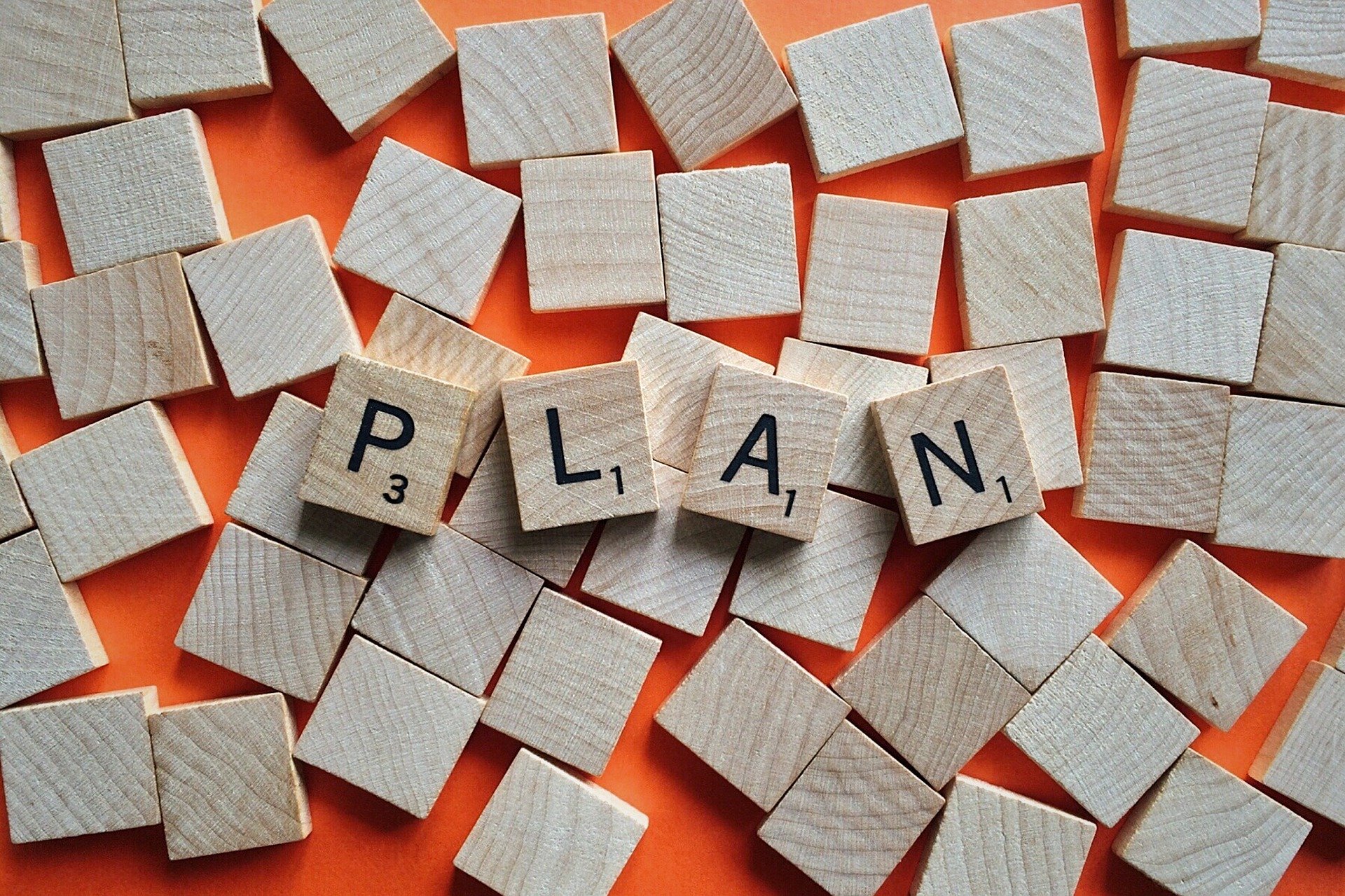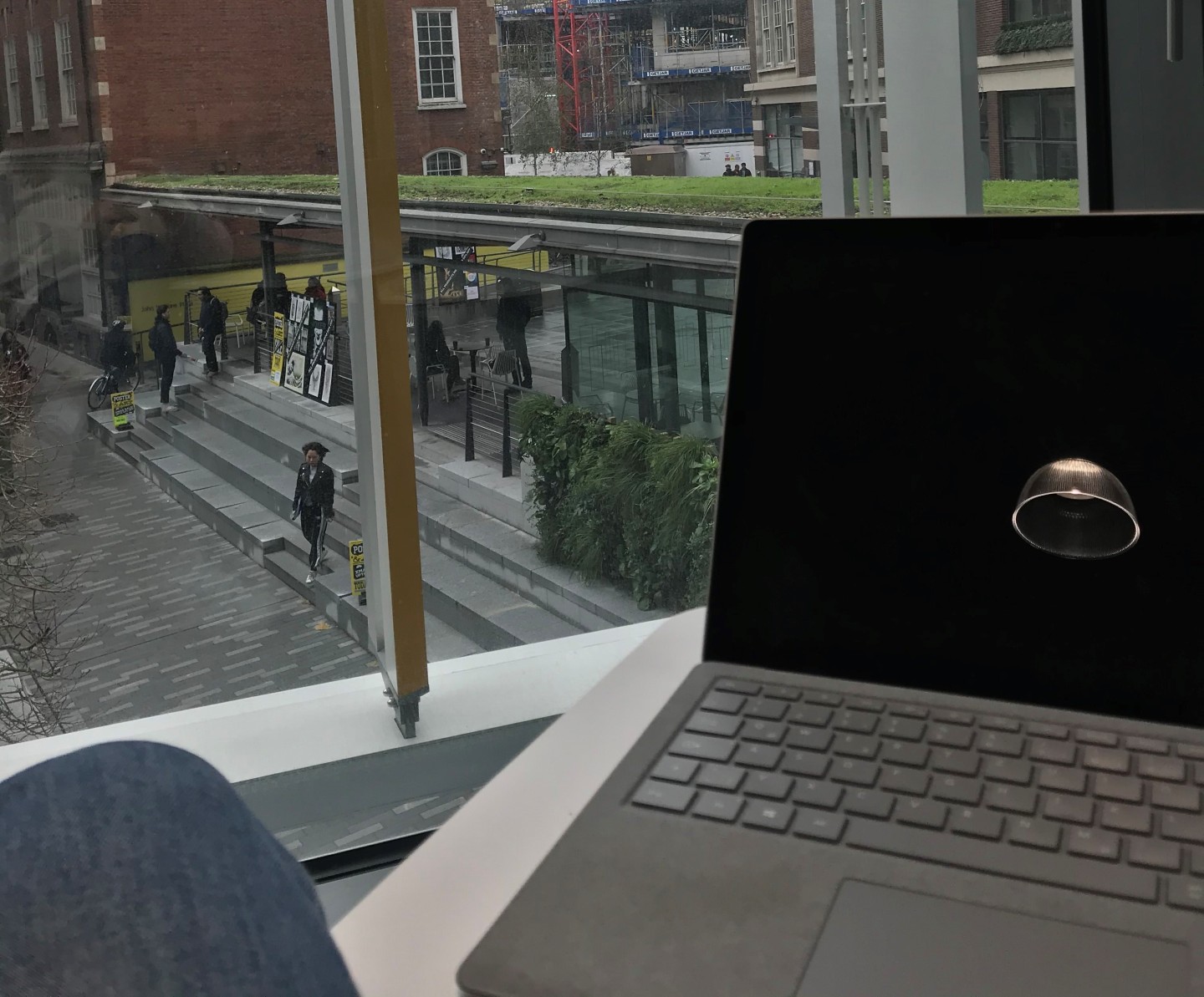It can be daunting to realise that much of the academic side of university comes down to being responsible for your own independent learning. Seminars are one of the core teaching methods used at LSE and, alongside lectures, are the main opportunities to engage directly with the course material for each week. As smaller group sessions of up to around 15 students, they provide you a chance to delve deeper into the course content for that week and explore new arguments and ideas.
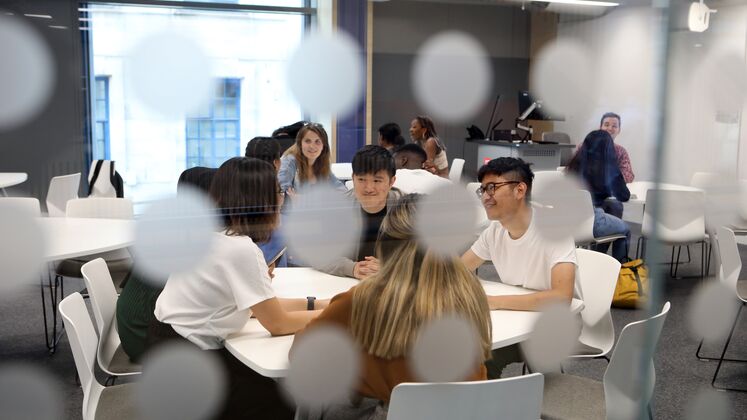
Seminars are an invaluable tool for making the most of your learning, so here are some tips to help you do just that:
Listening to the lecture
Lectures are your starting point for understanding the material for each week, with each lecture laying out the key concepts, arguments, and examples that will serve as a basis for discovering the wider literature throughout the week in seminars and independent study. Accordingly, it is important to listen carefully to each lecture, in particular paying attention to and taking note of the key points as well anything that strikes you as especially interesting. Lectures only open the door to the vast material associated with every new topic, and so you should come away from each lecture with an avenue for further exploration.
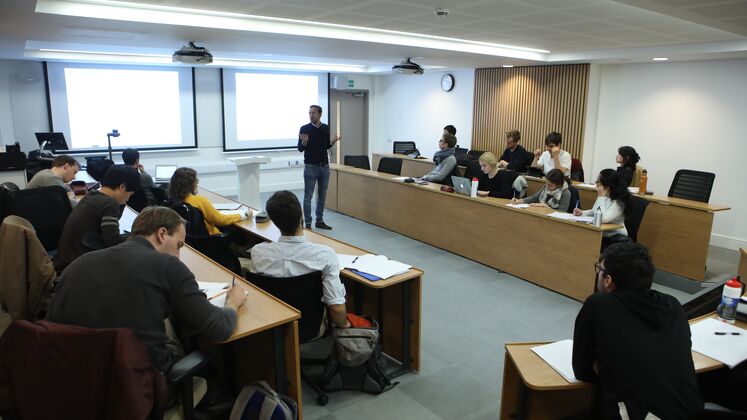
Completing the readings
For each seminar, there will be a set of essential readings that you must complete in order to fully participate in the session. The essential readings alone can be very time-consuming, making it important to read with a particular focus. For most courses, there will be a number of questions posed by the lecture or assigned as prompts for each week’s seminar — having these in mind whilst doing your readings can help you to identify the key points in each reading that are most relevant to the topic. If you have some spare time, delving into a few pieces from the further reading list—that are interesting to you—can allow you to explore more of the course material, providing you with unique insights that others who have not read them will not have. As with the lecture, it is important to make a note of any ideas or examples that especially interest you so that you can raise them during the seminar for a more productive discussion.
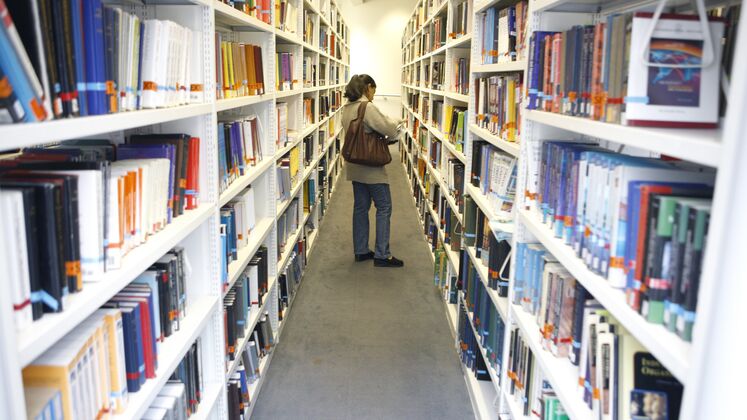
Preparing questions
After having done the lecture and the readings, it is useful to spend a short amount of time stepping back from the new material and coming up with a few of your own questions that you would like to be answered or clarified during the seminar. Not only does this include any of the content from the lecture or readings that you did not fully understand, but also any potential arguments or ideas that you would like to hear some feedback on from your peers and teacher. Preparing questions is a great way to help you go into each seminar having a rough idea of what it is that you would like to get out of it.

Participating in class
Most important, perhaps, is actually actively and regularly participating in each seminar. Primarily, this means asking questions of your own and answering questions posed by the teacher. Not only does this allow you to be more engaged with the discussion, contributing is the perfect opportunity to test your understanding of the material. However, participating does not only mean speaking — an important part of any seminar is listening to the teacher and your colleagues. Others will be able to equally contribute with their unique insights, and listening carefully to them will enable you to extract new ideas and build upon them. Although speaking up in seminars might make you anxious at first, it is all part of the learning process and becomes much easier in no time. Take advantage of the small groups and try your best to put yourself out there so you can gain the most from each seminar.

Seminars are designed to be student-led with the teacher only guiding the conversation, making it that much more important to prepare well for them in order to have a fruitful discussion. Seeing as they are compulsory to attend and may count towards your final grade, it only makes sense to try to get the most out of your time spent in them.



